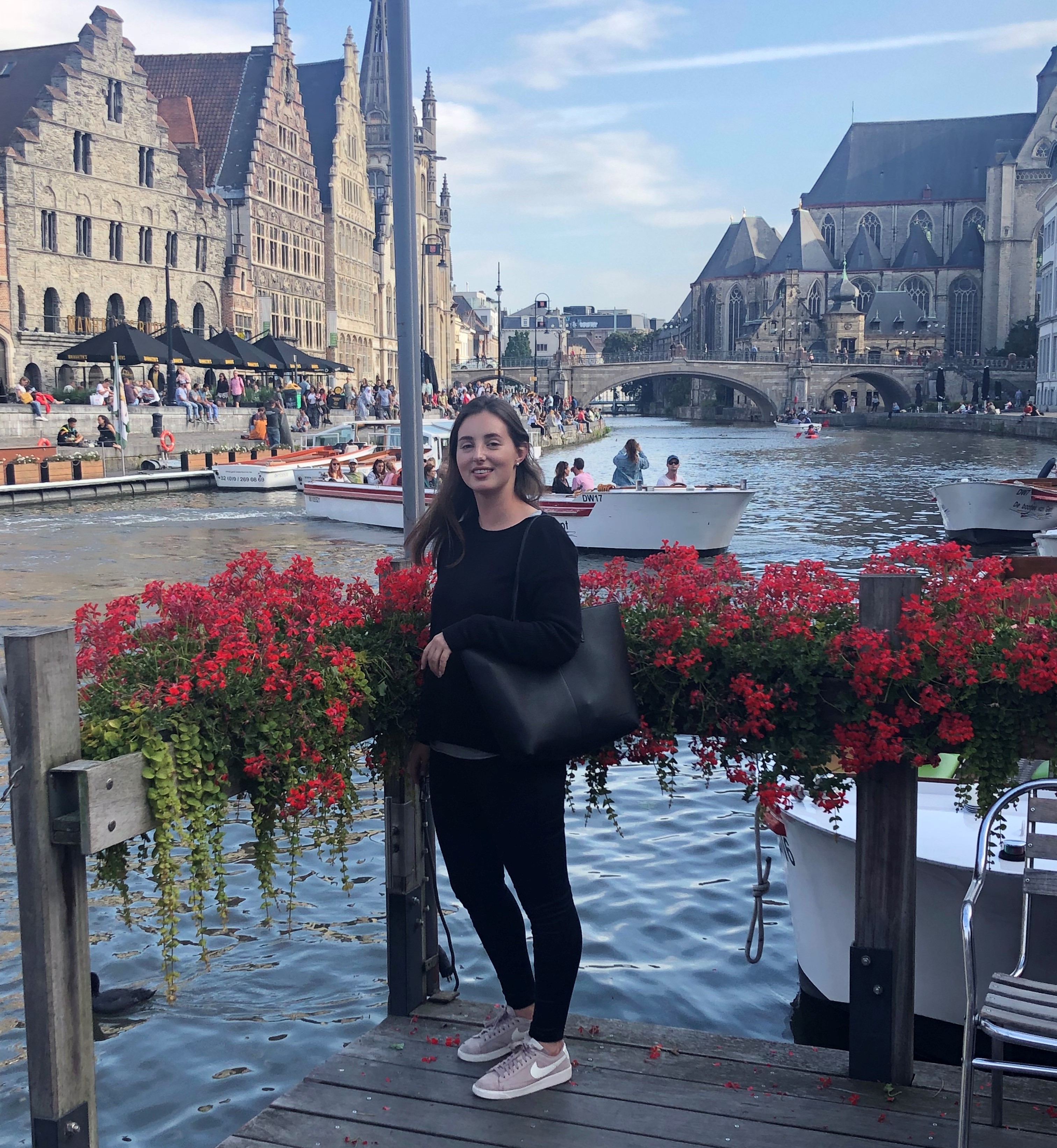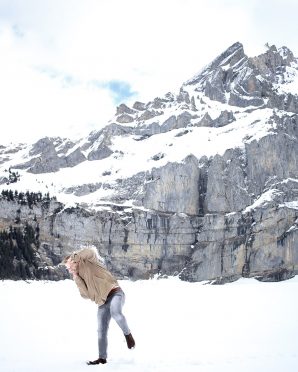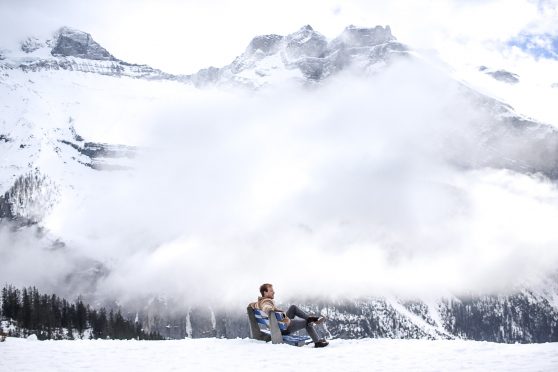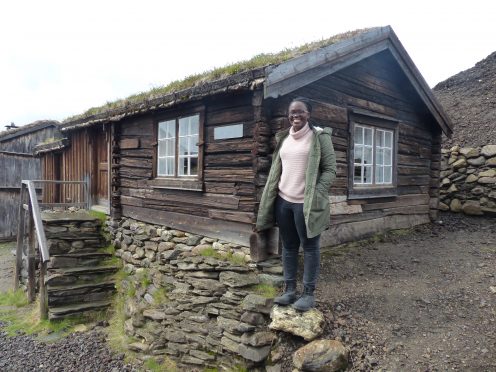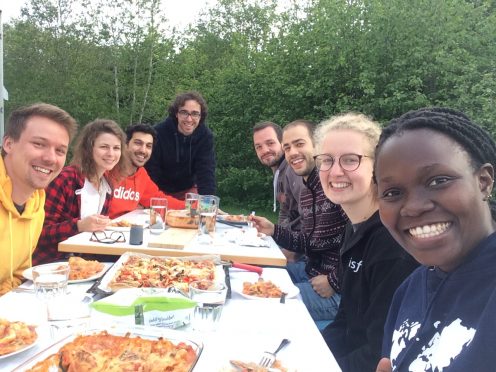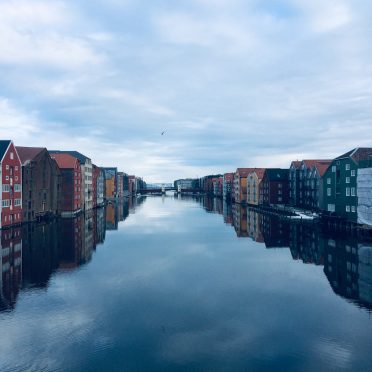The moment I received the email that I was accepted for the Europe Inside Out Summer School at the Katholieke University in Leuven (KU Leuven) I was beyond excited and in a slight state of unbelief, I did not think that I would be accepted. Initially it felt unrealistic until the journey started to materialise with the preparations needed.
Pre-departure:
A suggestion I would make is to find another student from Stellenbosch that is attending the same Summer School as you are, this way you could find a travel companion and someone to share in the journey with you. I had the opportunity of meeting another girl my age at a Spitbraai hosted by the International office, we exchanged details and started engaging in travel arrangements together. This made the entire journey seemingly easier and a lot less daunting to approach.
The first step we took was to book our flights together, the earlier you book the less expensive your ticket will be. We booked our flights directly through the airline’s website. I would recommend using a credit card to pay, this way basic travel and medical insurance would be provided for through your bank. I took out an additional top-up insurance through the provider at my bank, for security purposes.
Being South African passport holders, we had to apply for our visas at the Belgium Consulate in Cape Town. We booked our appointments on the same day. After your booking is made the Consulate provides you with a list of documents that they require. The University provides you with most of them, you just have to check for any personal documents needed; and any additional documents if you are planning on travelling outside of the program. The process was hassle free and we received our visas perfectly in time for our trip.
After receiving my visa, I went to my bank to apply for a cash passport and to purchase euros. I phoned in and made an appointment and had to stipulate over the phone how much euros they had to set aside for me. I needed to have all my travel documents present at the appointment. The woman that handled my request was helpful, I left the bank with my cash euros, and a certain amount of euros already loaded onto my cash passport.
The last matter to attend to before departure was packing. Make sure what season it is in the country you are travelling to. Heading to Belgium, I had to pack for summer weather, yet their summer does not necessarily get as hot as our summer in Stellenbosch. It is super important to have comfortable shoes, for your trip might require a lot of walking, so be sure to take care of your feet. Make sure that you don’t have any problems with the wheels on your suitcase and that it is easy to travel with over long distances; taking into consideration the means of transport you will be using (hopping on and off trains, walking far, etc.).
Experience at the Host University:
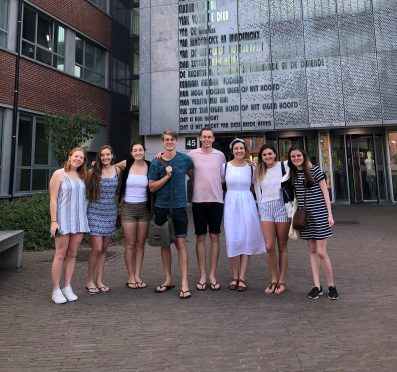
Upon arrival my breath was taken away by this scenic town and it quickly made its way into my heart.
Me and my travel companion made the mistake of trying to find our accommodation by foot logging around our 30kg bags after extensive travels. On the brink of giving up all hope a kind gentleman helped us find our way and took us to the Irish College where we stayed for the duration of the Summer School. I would highly recommend rather taking a taxi as a link between the train station and your accommodation.
As a group of 70 students attending the Summer School, coming from all over the world and multiple disciplines, it was not expected that we would have much knowledge on the European Union (EU). Hence, the core programme kicked off with a discussion on the EU, how they came into existence and how they go about operations. This was the perfect way to start, since this brief introductory was needed as background knowledge for the entire program.
We had a rather full academic programme, with high quality lectures, company visits and day trips to other parts of Belgium. Apart from the core programme we had to choose two elective modules from a choice of four, the modules I chose included Entrepreneurship and Innovation Management and Doing business with Europeans. The topics covered in the lectures ranged from history to art, but the focus of the core programme was on politics. The two electives that I chose focused more on Europe’s investment in research and development and how to start a business in Leuven, also including information on the resources and assistance provided for by the University.
As part of Entrepreneurship and Innovation Management we visited what is referred to as the MintLab and had two company visits. The MintLab is a part of the University’s research department, and it can be described as a space provided that encourages the creative thinking process. It is a problem-solving hub where the MintLab researchers get together to create solutions for problems spanning over various industries. Our first company visit was to IMEC, a world-leading R&D and innovation hub in nanoelectronics and digital technologies. It was amazing to see the process followed and equipment needed to create and manufacture digital processors. The second company visit was to Capricorn Venture Partners, an independent equity funds manager that invests in minority shareholding positions of innovative companies with technology as a competitive advantage. During our visit they explained the procedures they follow to identify an innovative tech business idea with high profit potential. From the list of applicants, they select a few to whom they provide funding for start-up purposes in exchange for a certain percentage shareholding.
Our first day trip was to Brussels, where we visited the European Parliament Building and the Museum of Fine Arts. I experienced Brussels as seemingly vibrant with quite a buzz in the city centre as they were preparing for the start of the Tour de France that coming weekend, which was also our weekend off. I had the privilege of seeing the start of the Tour de France that Saturday, which through-and-through made the trip so much more memorable for me. On our second day trip we went to Antwerp where we were taken on a city tour and ended the day at a museum. Antwerp is well-known as the fashion capital of Belgium, with various design boutiques for fashion moguls.
Something that grabbed my attention was the participative culture in the lectures abroad, where the international students actively engaged in discussion with the speakers during class. My learning experience at Stellenbosch University has been quite the opposite, I personally experience my lectures to be more passive, where the lecturer does most of the speaking.
We did not have any assessments or assignments to do additional to the lectures and had a reasonable amount of free time to explore Leuven and surrounding towns. Ghent was personally my favourite town to visit overall, that being so I visited Ghent twice, not getting enough of the picturesque scenery the first-time round. I would describe Ghent as a fairy-tale town with authentic medieval features prominent in its architecture. This is a must-see if you ever have the opportunity of going to Belgium.
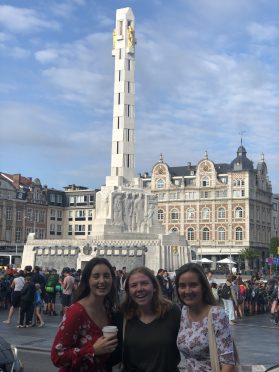
Return to Stellenbosch:
The first week back my classes started and we immediately dived into the new semester’s work which kept my mind occupied, so much so that I barely had a moment to think of Belgium. By the second week back reality hit me like a brick in the face, and at this point all I wanted was to jump on a plane and head back. I missed being able to just jump on a train in the spur of the moment and go and explore a nearby town. I missed the waffles, chocolates and the warmth of the Flemish-speaking Belgians. But going back would not be the same, since most of the amazing people that I met and befriended had returned to their home countries and I missed them most of all. For two weeks we gathered incredible memories, be it returning to the Irish College at 4 in the morning after a bar-hopping session, having pasta-runs and ice-cream dates, none of it would have been quite as exhilarating would it not have been for the remarkable people that crossed my path.
“Travelling messes you up, but in all the good ways. It leaves you always craving more, an addiction that can never quite be met. Every place, every trip, every person is a new adventure; pulling you deeper into the love of wanderlust. Your heart begins to hurt when you’re standing still, and your mind begins to itch over the idea of new places you haven’t been. Fill your soul with adventure and travelling and you will live a fulfilled life.”
– Anonymous
This quote perfectly describes how I feel after this trip. I am left wanting so much more. I regret not doing a semester exchange this year and truly enjoyed the academics while taking in Europe’s historic beauty. In my head I am already planning my next trip.
